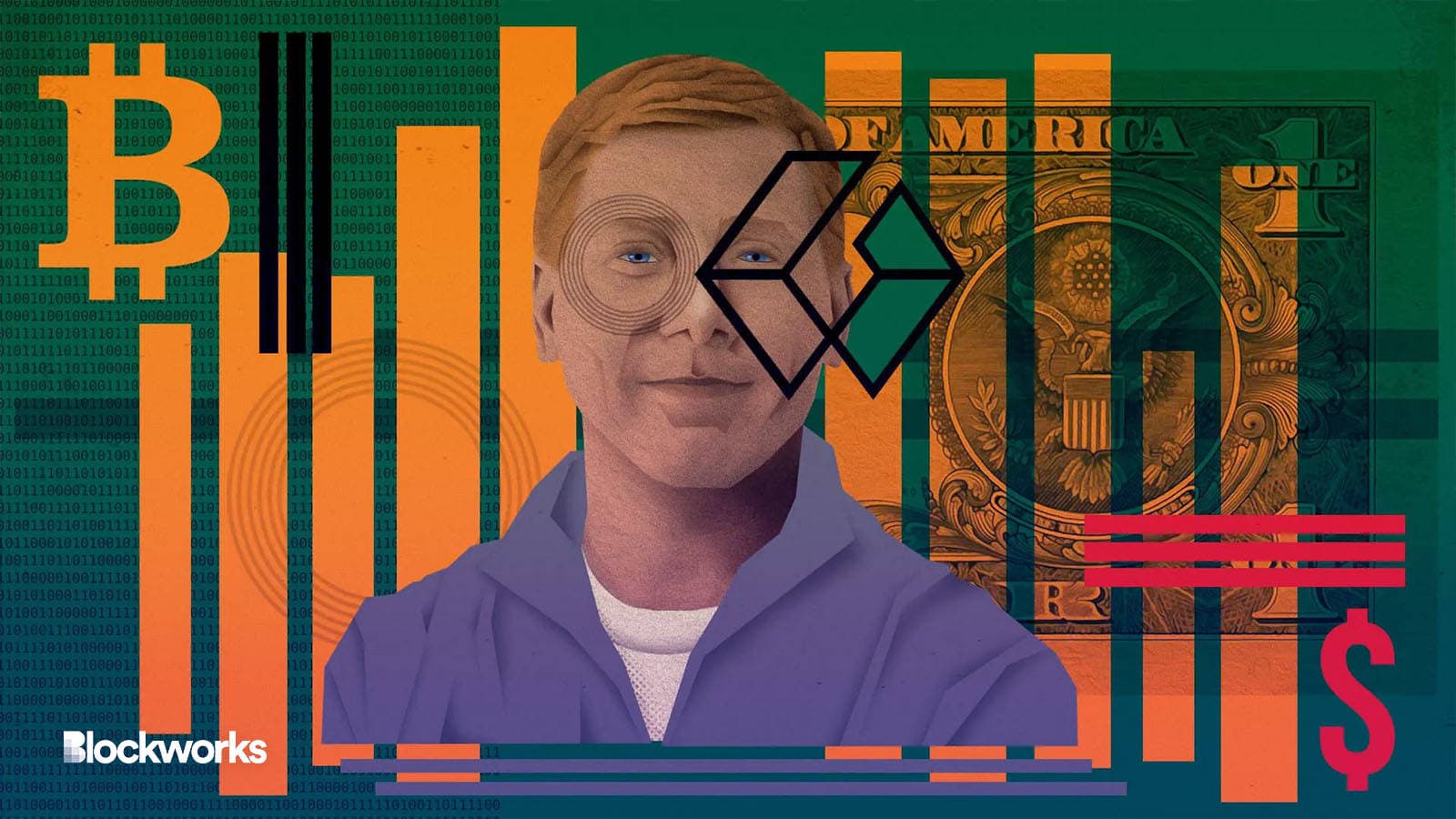DCG Missed $630M Genesis Debt Payment: Gemini
Genesis, Gemini and other stakeholders are weighing whether to allow DCG more time to stave off a potential default

Digital Currency Group founder and CEO Barry Silbert | Exclusive Axel Rangel art modified by Blockworks
Digital Currency Group (DCG), the parent company of crypto lender Genesis, fell short in settling its $630 million debt obligation to Gemini last week, according to a recent update.
It was previously anticipated that DCG could default on the loan, now managed by Genesis’ bankruptcy estate.
Gemini initially awarded DCG 30 days to come up with the funds as part of a mediation process. The Winklevoss-led crypto exchange had claimed Genesis was responsible for the collapse of its own interest-bearing lending product, Gemini Earn.
Gemini shuttered Earn in January after Genesis allegedly failed to return more than $900 million in assets owed to exchange.
DCG is the New York venture capital firm operated by founder Barry Silbert. It has backed hundreds of industry-related projects at the seed stage over the years.
Genesis, which filed for bankruptcy in January, was once one of DCG’s primary pillars alongside investment unit Grayscale, bitcoin miner Foundry, media outlet CoinDesk and crypto exchange Luno. Layoffs have struck a number of DCG companies over the past year, as well as DCG itself.
Gemini says it doesn’t need DCG to restructure Genesis
In light of DCG’s missed payment, Genesis, the Unsecured Creditors Committee, the Ad Hoc Group of Creditors and Gemini are weighing whether to allow DCG more time to stave off a potential outright default.
Their decision will hinge on DCG’s perceived commitment to fair and open negotiations, Gemini said in its update. Blockworks has reached out to DCG for comment.
The firm warned that if a deal to recover the $630 million from DCG can’t be reached, then Gemini and other mentioned parties would work on a Genesis reorganization plan that could advance even without DCG’s participation.
Gemini noted Genesis had filed a motion on Friday to extend its deadline to exclusively propose a plan. “This would be a plan that would have Gemini’s input if not outright support,” Gemini said.
Meanwhile, Gemini said it expects to file a master claim on Monday, aiming to recover more than $1.1 billion crypto belonging to 230,000 Earn users from Genesis.
Get the news in your inbox. Explore Blockworks newsletters:
- The Breakdown: Decoding crypto and the markets. Daily.
- 0xResearch: Alpha in your inbox. Think like an analyst.






